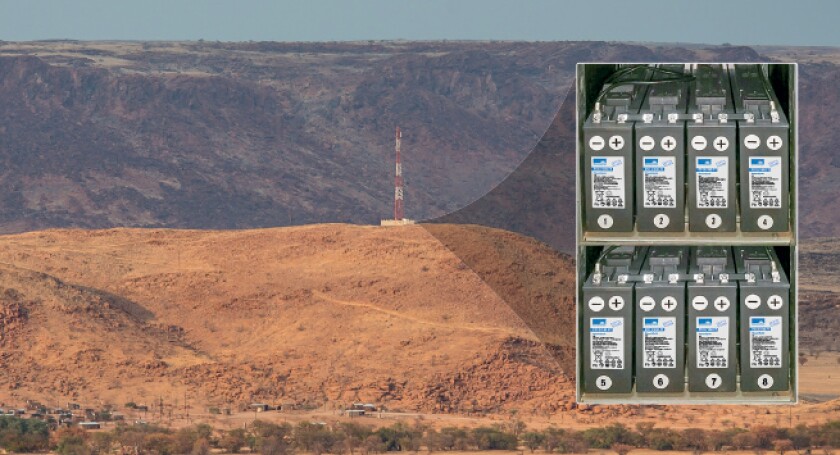Exide Technologies’ vision is for tower owners to run their sites with significantly less or no use of a genset, shifting to green systems and with that, altering the profile of batteries used on site. TowerXchange speak to the leader in high temperature, high cycling batteries to discuss how Exide Technologies’ high temperature, high cycling lead acid batteries are driving down TCO and what the company has planned for their lithium ion technology.
TowerXchange: Who is Exide Technologies?
Stanislas Verdonckt, Director Strategy and Business Development, Exide Technologies:
Exide Technologies is one of the world’s largest producers of lead acid batteries.

